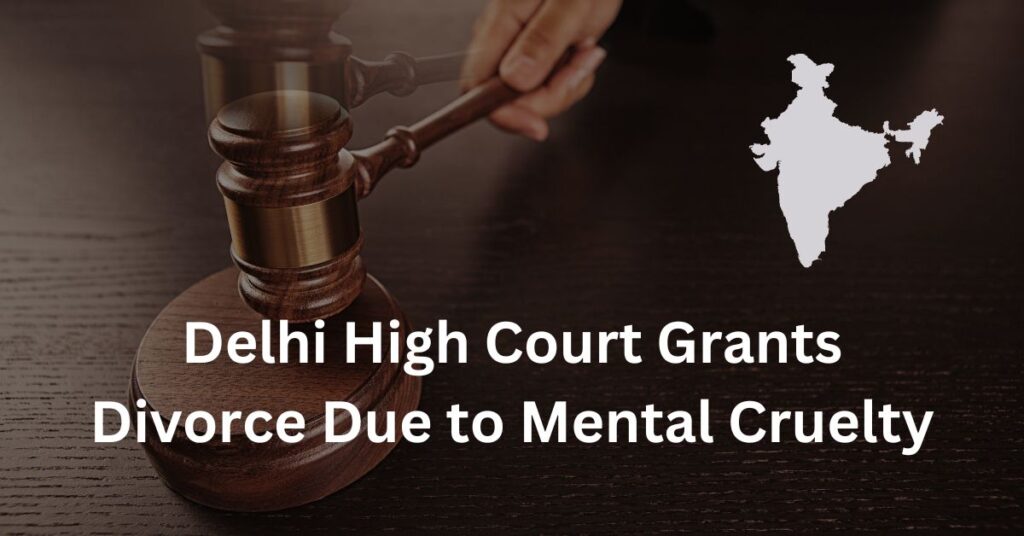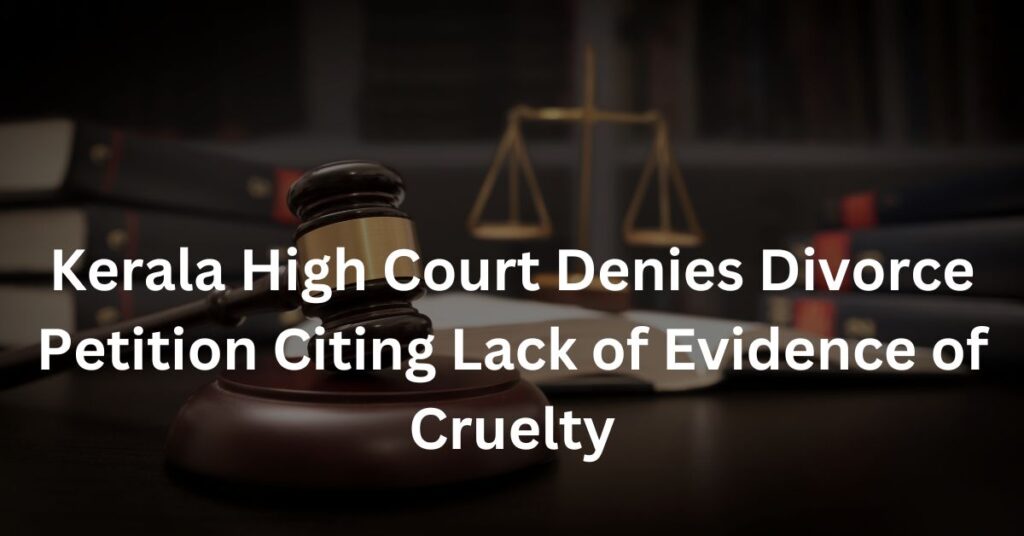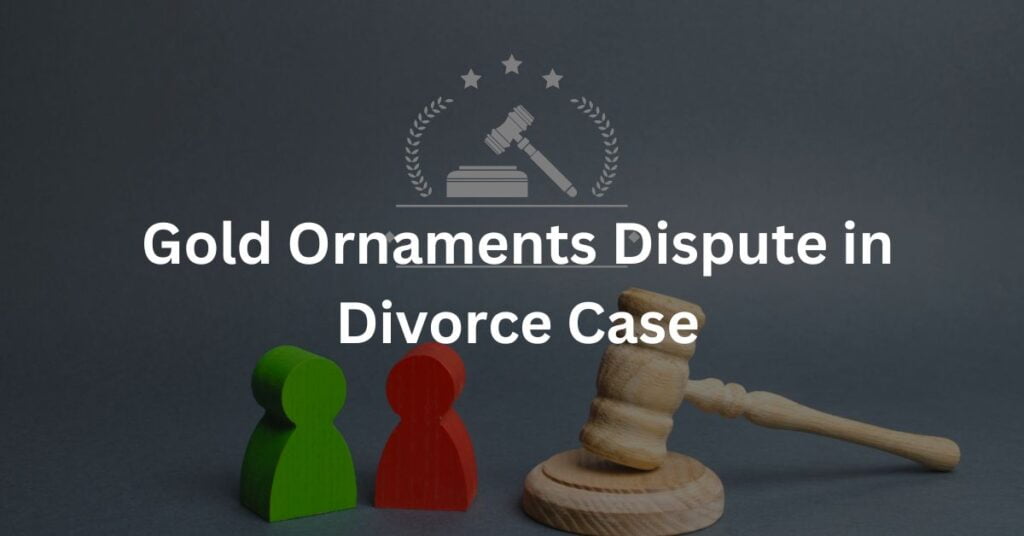In a significant ruling by the High Court of Kerala delivered on 6th July, 2023, the concept of “irretrievable breakdown of marriage” under the Hindu Marriage Act was brought to light. The case involves the petitioner, Keerthi Aravind, seeking dissolution of her marriage with Anilkumar. This blog explores the background of the case, the Family Court’s decision, the wife’s and husband’s arguments, the High Court’s observations, judgments referred to, and the ultimate decision based on the grounds of irretrievable breakdown of marriage.
Table of Contents
ToggleBackground of the Case
The marriage between Keerthi Aravind and Anilkumar took place on 25th February 2007 as per Hindu rites and customs. However, their matrimonial life turned miserable due to alleged physical and mental ill-treatment by the husband and in-laws. After failed attempts to reconcile through mediation, Keerthi approached the Family Court seeking the dissolution of the marriage under section 13 of the Hindu Marriage Act, which the husband opposed, claiming no ill-treatment.
Family Court's Decision
The Family Court, Mavelikkara, dismissed Keerthi’s plea for dissolution, stating that she could not substantiate the allegations of ill-treatment. The court suggested that the issues between the couple were merely normal wear and tear of a marital life, implying that there was no valid ground for divorce.
Wife's Arguments
Keerthi Aravind alleged severe ill-treatment by her husband and in-laws, leading her to approach the court for divorce. She claimed that she informed her family members about the mistreatment and sought the intervention of NSS Karayogam but to no avail. Her primary contention was that the marriage had irretrievably broken down due to the cruelty she endured.

Husband's Arguments
Anilkumar denied the allegations made by Keerthi and asserted that he and his parents never mistreated her physically or mentally. He clarified that he had to quit his foreign job to continue infertility treatment as advised by doctors. He maintained that he was willing to reunite with his wife but was prevented from doing so when she was taken away by her parents.
High Court's Observations
- The marriage between the two parties was solemnized on 25.02.2007. Throughout their wedlock, no children were born. From 26.12.2012 onwards, the appellant and respondent have been living separately.
- According to the respondent, the appellant was taken away by her father without any specific reason. However, the appellant claims to have been ill-treated by the respondent and his parents, leading to her returning to her house.
- The appellant’s father tried to intervene through NSS Authorities to resolve the disputes, but it was not successful. Consequently, the appellant approached the court to dissolve the marriage.
- There were clear reasons that prevented the appellant from continuing her matrimonial life with the respondent.
- The appellant further alleges that she experienced ill-treatment that led to two pregnancies being aborted.
- The ill-treatment is said to have been both physical and mental, inflicted by the husband and in-laws.
Judgments Referred
The court cited landmark judgments such as Samar Ghosh vs. Jaya Ghosh and Naveen Kohli vs. Neelu Kohli, which highlighted the importance of recognizing marriages that have irretrievably broken down and the implications of refusing divorce despite such circumstances.
High Court's Decision
Based on the observations and judgments referred to, the High Court concluded that the marriage between Keerthi and Anilkumar was irretrievably broken and had become a deadwood. The court held that the refusal to grant divorce on mutual consent, despite the long separation and unresolved issues, amounted to cruelty. As a result, the High Court allowed the MAT.APPEAL NO. 793 OF 2018, dissolving the marriage between the parties.


